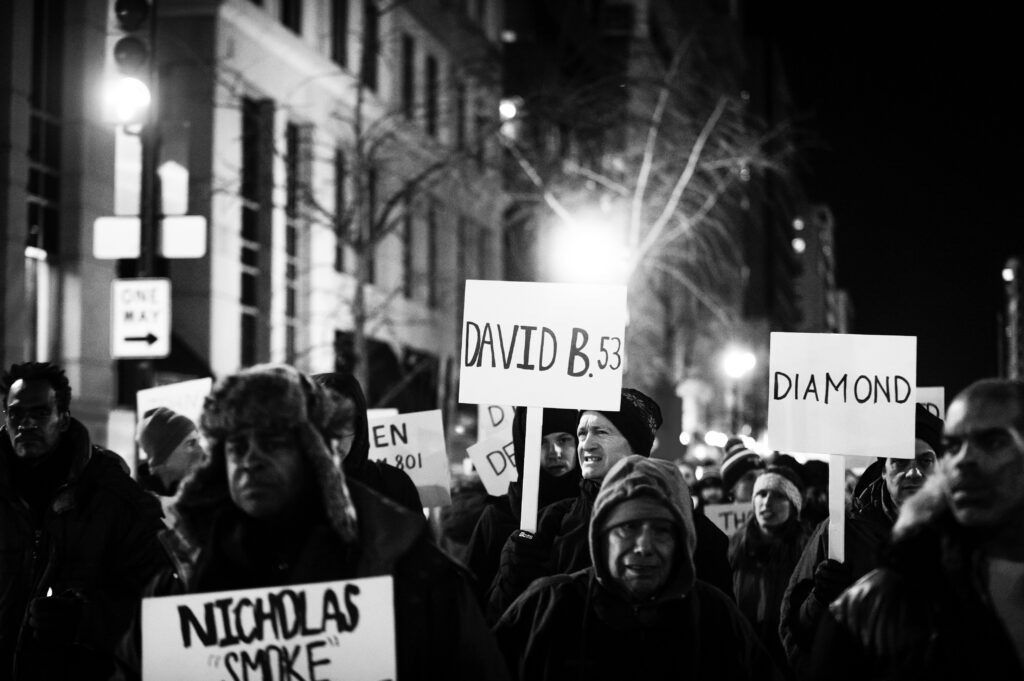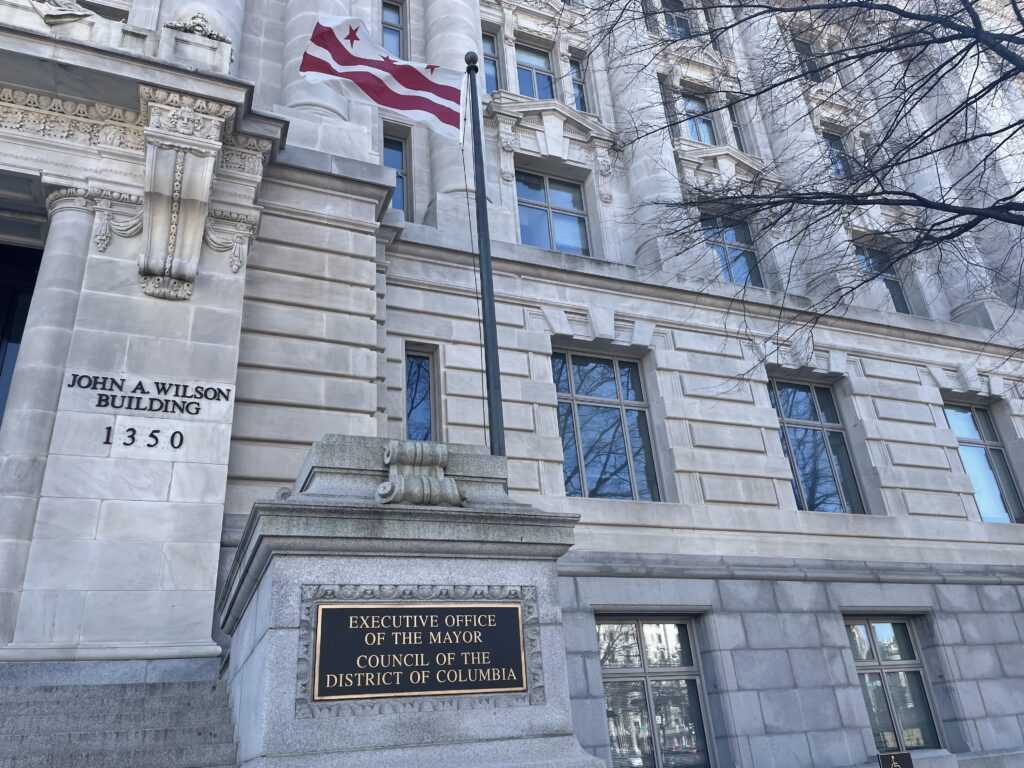A local domestic violence service provider recently launched an emergency cash assistance pilot program, designed to assist survivors of domestic violence.
My Sister’s Place announced the project on Feb. 1 and says it will benefit families participating in one of its transitional housing programs. The pilot will provide $500 per month to 45 families for two years. Mercedes Lemp, the executive director of My Sister’s Place, said it hopes to expand the program well beyond this initial period.
“It might be the first time that anybody has ever said, ‘we trust you to make your own financial decisions.’ And that on its own gives clients a lot of help,” Lemp said.
Domestic violence is the leading cause of homelessness for women, according to a study by the DC Coalition Against Domestic Violence. Financial stress often causes many people to return to violent situations —- 67% of survivors go back to an abusive relationship or stay longer than they wanted because of money concerns.
The program will also offer participating families financial literacy training, which Lemp says is important given how seldom financial education is offered in the United States. Recipients of the cash assistance will take classes that cover topics such as how to maintain a strong credit score, how to set up a bank account and how to file taxes.
“Giving them this agency is huge. And our whole philosophy is —- you know what’s best for you,” Lemp said.
Therefore, emergency cash assistance is a must, Lemp said.
She also believes these kinds of programs need to provide people autonomy over their own finances. While most participants receiving emergency cash assistance use the funds to pay their rent, purchase food and pay down their rent, participants from My Sister’s Place will focus on the latter two because participants are in a transitional housing program.
“People make the right choices for themselves,” Lemp said.
The program is funded through financial support from The Greater Washington Community Foundation’s Health Equity Fund and The William S. Abell Foundation.
“My hope for this,” Lemp said, “is that the government entities and different funders that fund our programming throughout all almost 45 years that we’ve been in existence, see this as a natural need of domestic violence programming.”







